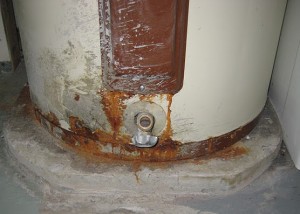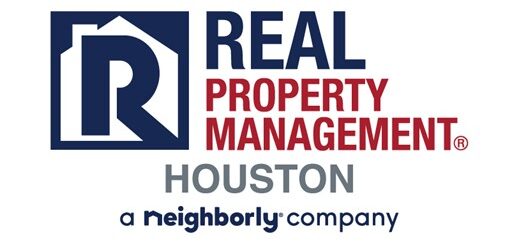Residential Property Management Maintenance Costs
At Real Property Management Houston we have constructed some ideas for planning for unexpected maintenance costs for your Houston investment property.
When leasing residential property, having a good understanding of what the property will actually cost to operate, is vital to the success of the property owner.
When calculating the operating costs for rental properties. Owners will always include the costs of the mortgage, taxes, insurance, HOA fees, and management fees. Savvy owners will even include an estimated percentage for vacancy rate. A 5% vacancy factor is common practice.
One operating cost that is often overlooked, or underestimated by landlords, is the true cost of routine maintenance.
Generally speaking, the older the property, the higher the maintenance costs will be.
Typical service life for appliances with, or equipment with moving parts, is generally about 10 years. Typical service life of Interior paint and carpet in a rental property, with normal wear and tear is about 5 years.
Your tenants will expect service when something in the house breaks down. The property manager can authorize up to a $300 expense on any single repair, so minor repairs are never an issue. A water heater replacement can cost anywhere between $600 and $900, and speedy service is vital to your tenant satisfaction and retention. Landlord authorization and funding will be requested for repairs that will exceed the $300 limit. As a landlord you should anticipate these sudden requests for service, and be prepared to authorize the expense, and fund the account.
Nobody can predict exactly what the maintenance costs will be for any given property, but we can estimate fairly accurately. There are two formulas widely used by successful landlords. Either will give you a dollar amount to factor into your operating costs estimates. I’ll detail both here. As a property owner, you should choose one, do the math, and start putting that money aside to pay the maintenance bills that are inevitable.
- The basic percentage formula. Fannie Mae recommends that property owners allocate 2 percent of the property’s value to be used for maintenance. So, if you have a $200,000 property, be prepared to spend about $4,000 each year in basic maintenance to keep the property in livable condition, or about $333 per month.
- The square footage formula. This is simple and will also allocate funds for maintenance. Add up the square footage of the house, and budget $1.50 per square foot, for annual maintenance costs. So for a 2,500 square foot house, you could roughly expect to spend about $3750 per year in maintenance, or about $312 per month.
It is not important which formula you choose, what is important, is that you recognize that maintenance will happen, whether you are prepared for it or not. A smart landlord will put money aside from each rent payment in preparation for the dreaded phone call about the old dead HVAC system. When that day comes (usually in August), the property owner will either be ready to fund the work and have a new system installed within a day or two, and keep a happy rent paying tenant; Or they will take days struggling to figure out where they’ll find $3500 for a new system while their tenant sweats, and thinks about moving.
Tenant turnover is one of the costliest parts of land lording. The owners’ goal should be to keep the same tenant in the property as long as possible. It is much less expensive to provide good ongoing maintenance service to the tenant, and try to keep them in the property. Rather than doing all those repairs anyway when the property is vacant, as well as the cosmetic work that will be necessary to make the property competitive in the market. This is also the point at which your underestimated vacancy factor will come back to haunt you. A tenant who does not receive good service will not want to renew their lease.
The purpose of this article is not to scare you, or to sell maintenance work. It is to help you understand that dollar efficiency is the ultimate goal. Without a doubt, dollars will be spent on maintenance. The fewer dollars spent the better, and we should strive to squeeze the most value out of every dollar spent.
Planning ahead for residential property management maintenance costs, and being prepared for it when it happens, will help you succeed as a landlord, and help you maintain longer term, happy rent paying tenants.
We are waiting to help you with your Houston property management; to take the load off of you!
